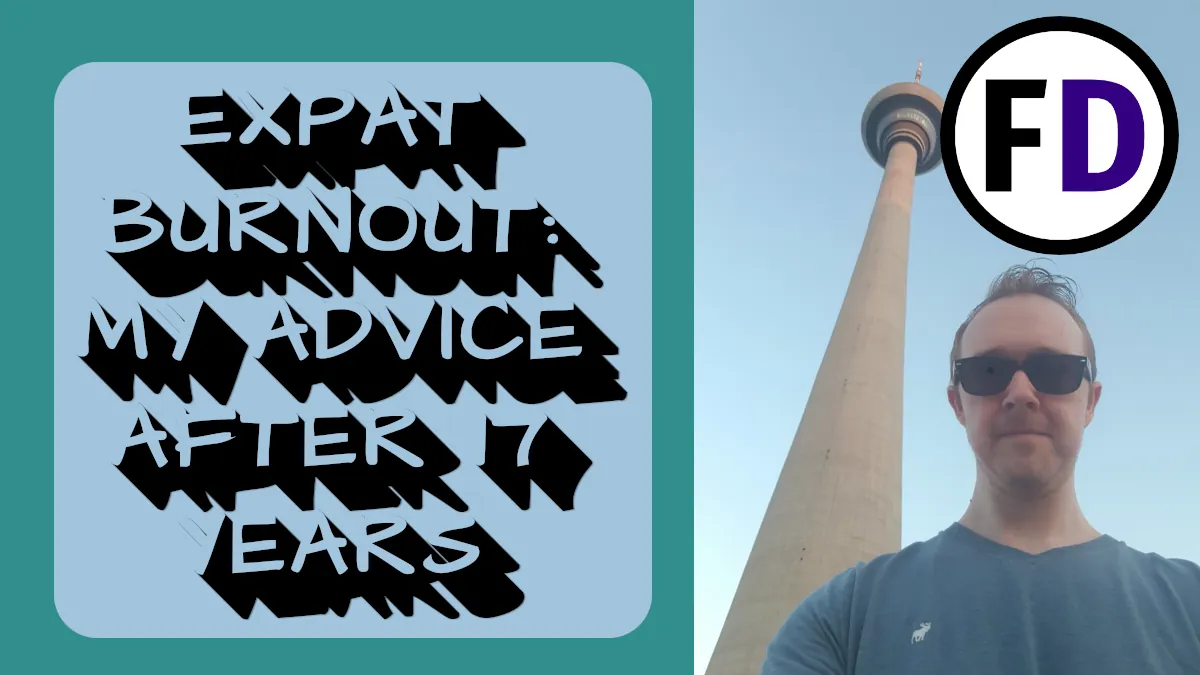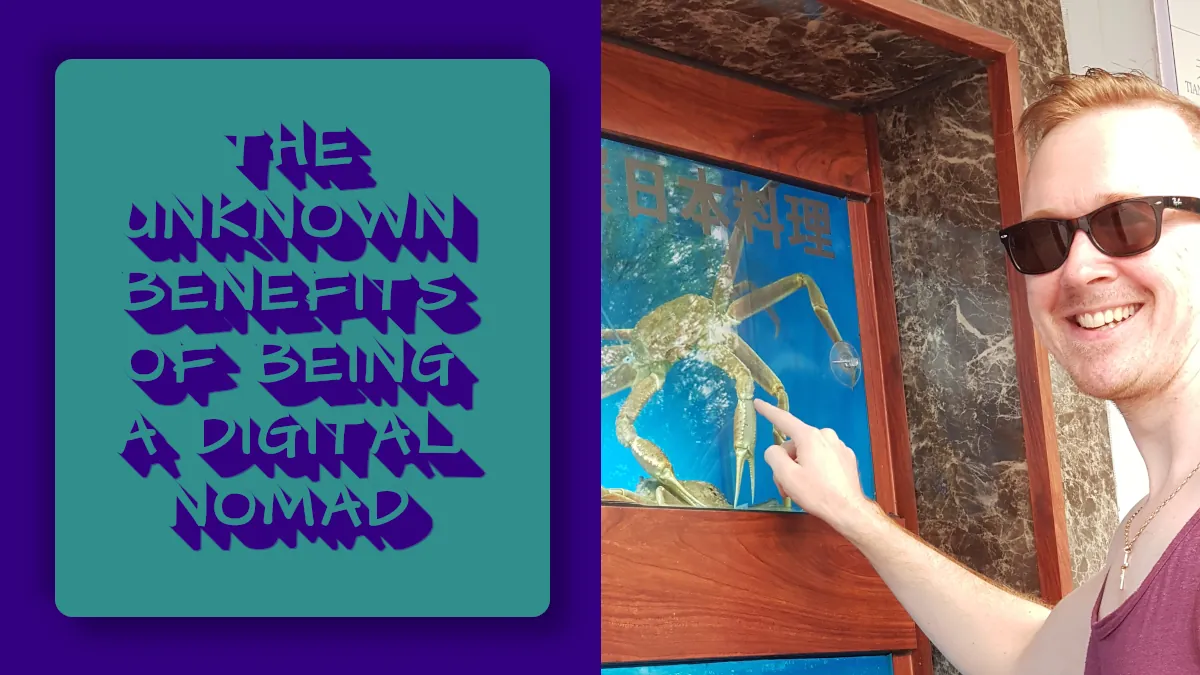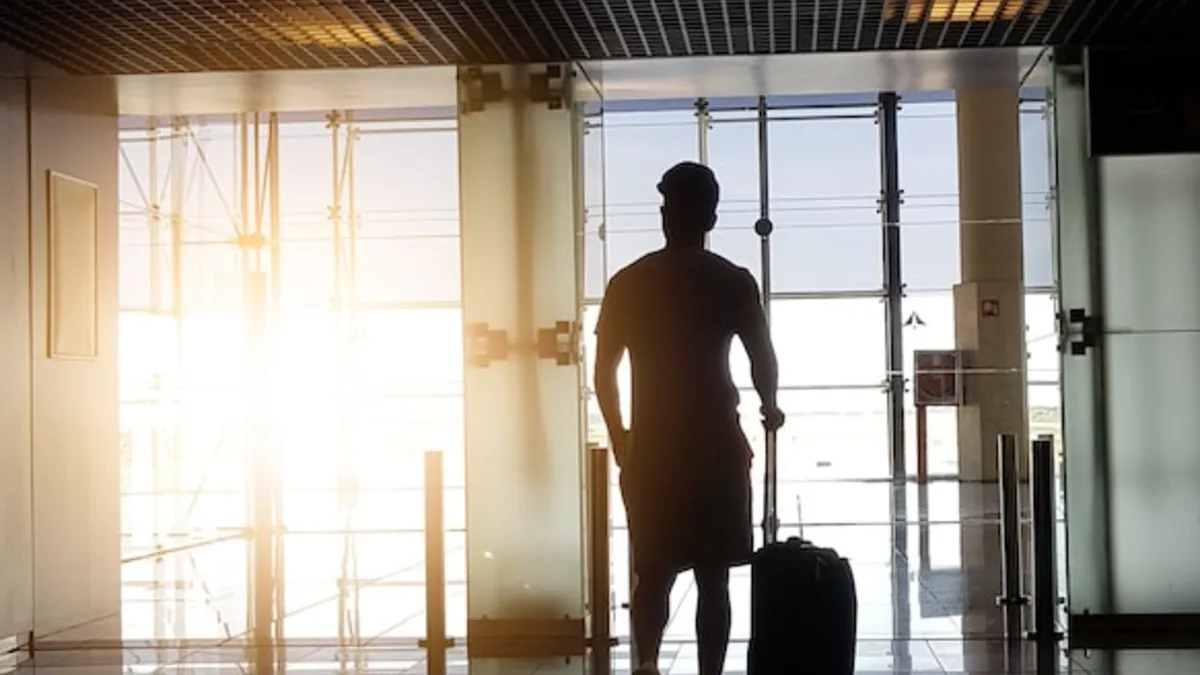I’ve lived as a digital slomad my entire adult life.
While the idea of a digital nomad lifestyle-that of constant travel and working online-seems like a dream come true, the reality is that it’s a struggle. Endless cycles of tourist visas and non-stop travel makes a lifestyle supposed to be spent by the beach more often spent waiting in line.
But all that is changing.
A new lifestyle is being made available to us, one where that digital nomad dream is closer than ever.
What is a Slomad?
The term slomad is a combination of slow and nomad. A slomad spends much longer than their digital nomad counterparts in each location they visit. In the past, this required special circumstances such as dual citizenship or expensive business visas.
But thanks to a slew of new digital nomad visas, slomadding may soon become the norm amongst working travelers.
Why Be a Digital Slomad?
Save Money
Many digital slomads choose to live in countries such as Thailand or Colombia because the cost of living is much lower than in their home countries. Cheap rent and lower grocery bills mean that younger slomads can quickly accumulate savings that can make buying a house back home a reality one day.
For this reason, many slomads are choosing lower-paying jobs than they could have back home.
Slomadding Is Sustainable
Many criticize the digital nomad lifestyle because flying frequently increases your carbon footprint. But when staying in each location for a year or more at a time. The impact on the environment is significantly reduced.
Additionally, most slomads don’t buy cars or drive to work daily, so they have a much lower carbon footprint than their counterparts back home.
Travel the World
It’s part of human nature to want to explore the planet, but travel has benefits beyond satisfying our curiosity. Language learning is a highly valuable skill in the job market, as are the independence and problem-solving abilities learned through long-term travel.
Many slomads return home more skilled and with more in the bank than those who stayed back home.
Which Countries Have Digital Nomad Visas?
The list of countries offering visas specifically for freelancing or self-employed foreigners has grown steadily in 2022. Many countries hope that new digital hubs may help economies bounce back after the effects of the pandemic.
- Barbados
- Costa Rica
- Estonia
- Germany
- Cayman Islands
- Malta
- Greece
- Portugal
- The Bahamas (Bimini is unreal!)
- Malaysia
- Bali
- Thailand
- Uruguay
- Colombia
Becoming a Slomad
Becoming a slomad doesn’t mean selling your house and possessions and leaving your friends and family behind. Instead, most start slowly, staying in another country for a month or two as an extended working vacation to see if it’s for them.
It was a new job that first inspired me to start taking working vacations. One day, I was working from home when I turned to my wife and said, “We don’t need to be here.”
The following week we were in Thailand.
That was the lightbulb moment for us. After that, we decided to get our lives together, we spent the rest of the year on a slow tour of South East Asia.
Although it may seem like a huge lifestyle change, there are only three things you need to do to become a digital nomad or slomad.
- Find a location-independent job.
- Store your possessions
- Get visas and go
What Does a Digital Slomad Do?
According to data from Google Trends, there have never been more people searching for location-independent or freelancing jobs than now.
The job market reflects this demand with more opportunities to become location independent. Covid normalized working from home, but social media and freelancing platforms such as Fiverr and Upwork have made freelancing a possibility for millions more.
There are already over 59 million freelancers in the U.S jobs market, and It is predicted that 86.5 million people will be freelancing by 2027.
According to Zip Recruiter, these are the nine most popular types of freelance jobs.
- Art Director
- Photographer
- Designer
- Copy Writer
- Graphic Designer
- Writer
- Web Designer
- Recruiter
- Content Writer
There is also plenty of demand for freelance work with fewer skill or experience requirements. For example, virtual Assistants and other admin work feature prominently on freelancing platforms, as do all sorts of social media positions from content creation to social media marketing to simply responding to followers.
Is Slomadding the Future?
As the number of freelancers continues to rise, it’s inevitable that many will choose the slomad lifestyle.
Living in countries with lower costs of living makes sense, especially for young people unable to get on the property ladder or even save much back home.
The digital slomad lifestyle offers freedom, travel, and more money to people who traditionally didn’t have many options.








